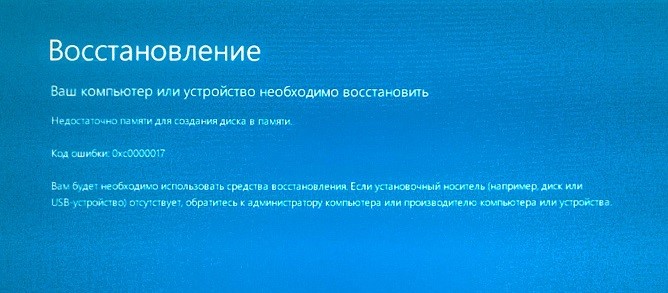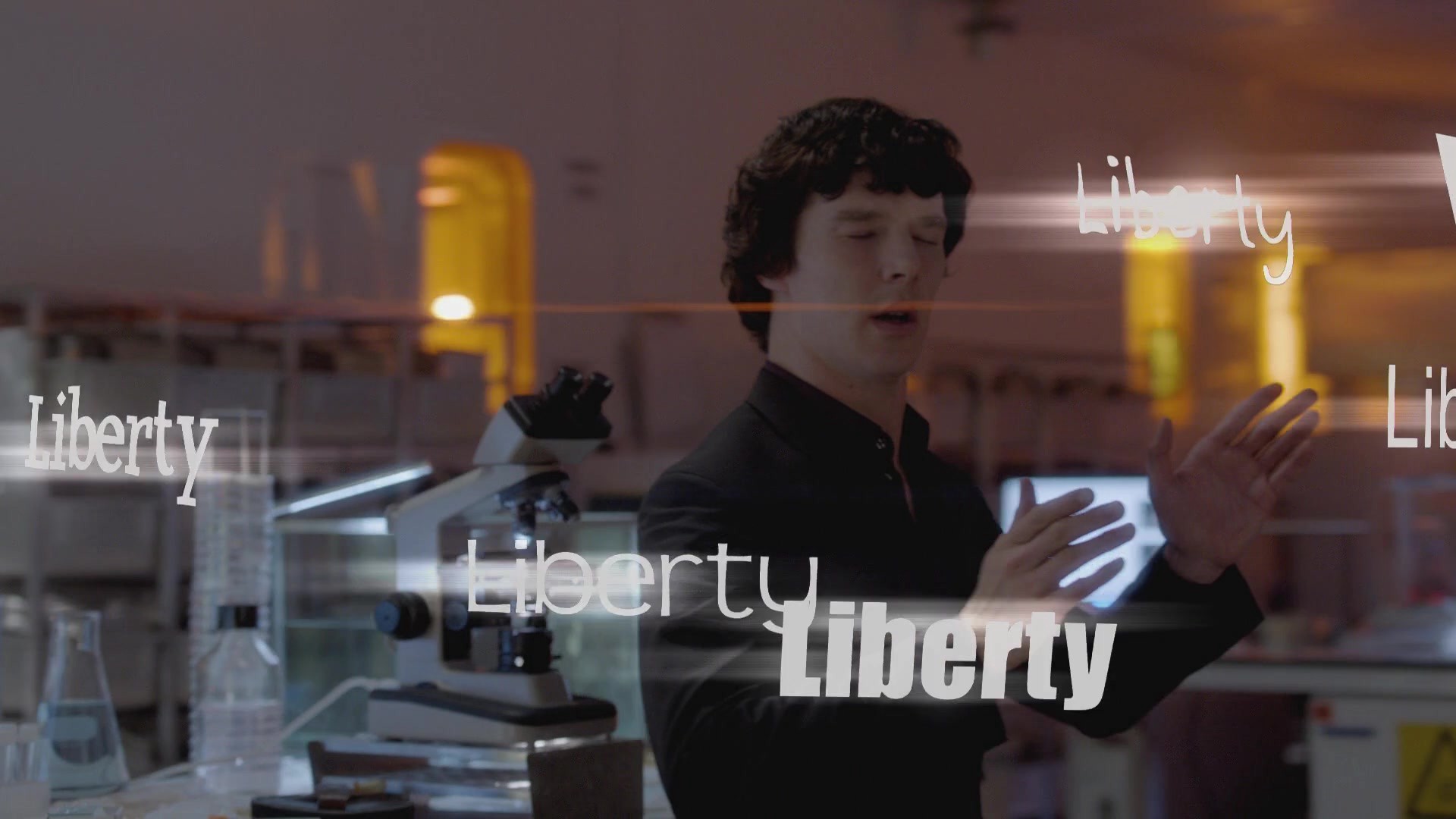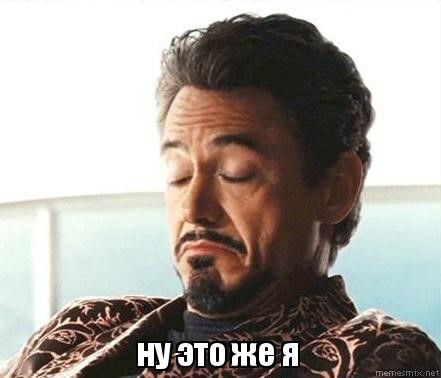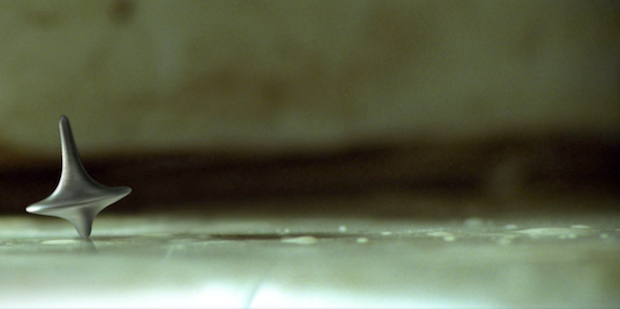
Most people believe that our brain works like a video camera, and our memory contains a literal record of events. But this is far from the case. Access to the recording can become difficult, the brightness of the impressions can fade, some parts can be missing.
There are several well-known memory effects that we must keep in mind when verifying a lie.
1) We notice what our brain believes is important at the moment, and signals that are judged to be insignificant are suppressed.

2) Our memories are part of a coherent story that we constantly create from the chaos of data. If the brain notices a contradiction in this story, it tries to eliminate it, smooth it over, or forget it. To make this happen, our brain essentially corrects memories.
3) Witnesses who discuss the event among themselves will unconsciously bring their memories of it to a common denominator. This is one of the cognitive biases - "conformity".
4) The general theme and emotional background of the memory are preserved quite accurately, and the details are thought out. Moreover, they are selected in such a way as not only not to contradict, but to reinforce and strengthen the central theme and emotion. So “I caught one crucian carp” turns into “I caught ten crucians and a pike”, obeying the central message: “the fishing was excellent”.

5) The source of information is erased from memory much faster than the information itself. It is important - what to remember, and where did you get it - it doesn't matter. This is one of the key points in the formation of fake news and false accusations.
6) What we remember is true for us. And it is not so important whether it really happened or not: the information agenda rules. It works like this. You say something, then you explain that it is not true. But after 3 days, 27% of young people and 40% of middle-aged people, recalling the statement, will consider it true.
7) Egocentric distortion in memory. We tend to place ourselves at the center of stories and appropriate experiences that we have heard, read or watched videos about. Of course, we will not attribute absolutely incredible actions to ourselves, but we can lie to ourselves and others pretty much on trifles. It is easy to remember that we were in a zoo, which we only saw on TV.

8) Implanted Memories: "Now that you asked, I'm starting to remember." Good psychologists can teach a client a lot and actually make them believe in events that never happened. This is also one of the important points to consider, in particular, in harassment or long-term domestic violence.

In fact, our memory is an internal designer who, depending on his preferred style, professionalism and subjective view, paints and transforms the initial picture of a real fact into a plot with a similar but always different narrative and surroundings. This is how history itself changes.
In the next article, I want to talk about the myths about toolless lie detection.